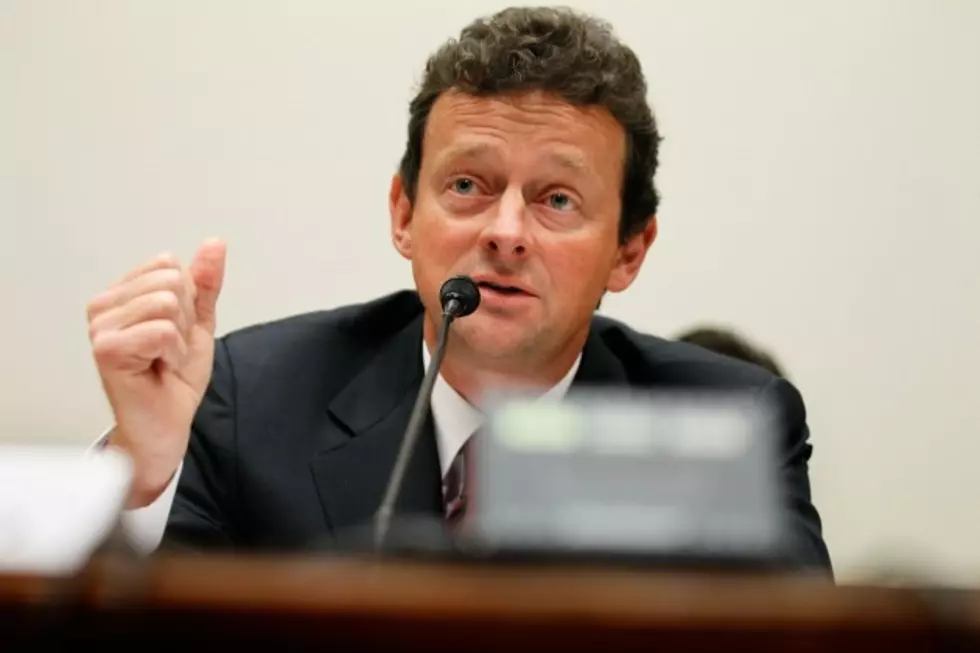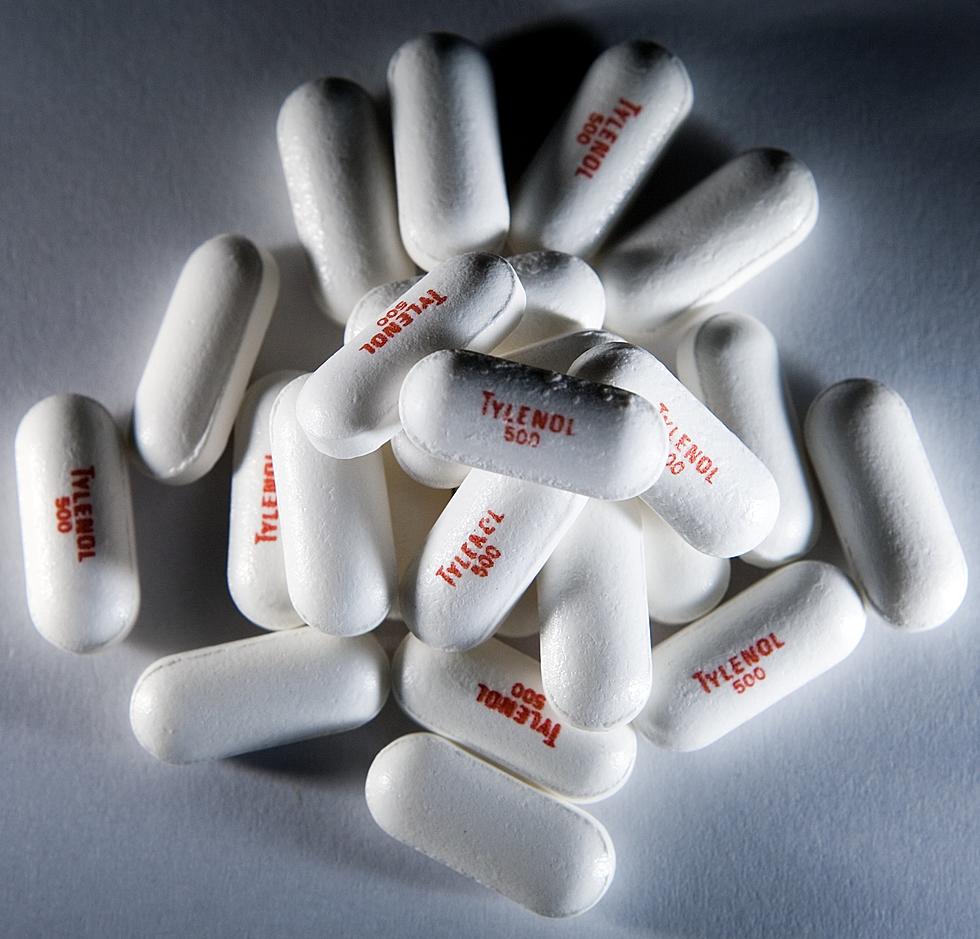
How to Market Your Small Business Reputation
Someone once said, “You never get a second chance to make a first impression.” Let’s examine some high profile public relations disasters that made national headlines. Tony Hayward, the embattled ex-CEO of British Petroleum, learned that lesson the hard way during the BP oil spill crisis in the Gulf of Mexico. From his “non-testimony” before Congress, to his disingenuous sound bites on the various cable news outlets, Hayward was a public relations nightmare to his company as they tried desperately to put a positive spin on a bad situation.
“BP's response to the oil spill is a textbook case for businesses to follow in what NOT to do in times of a crisis," says Gary Patterson, author of the book, “Stick Out Your Balance Sheet and Cough: Best Practices for Long-Term Business Health.”
What would you do in Hayward’s position? The time may come when your smiling face is in the cable news spotlight defending your company image. Do you have a contingency plan in place to deal with problems that might flare up in the future?
Toyota Recall
The automotive industry also has some problems in 2010. During the height of the “Cash for Clunkers” stimulus, Toyota recalled some 8 million cars and trucks for defective accelerator pedals. Toyota CEO, Akio Toyoda,(not a misspelling) testified before the House Committee on Oversight and Government Reform. On April 6, 2010, the government imposed a record penalty of $16.375 million on Toyota for its delayed response in notifying the National Highway Traffic Safety Administration of the defective pedals.
How to Do It Right
On September 29, 1982, the first of seven Chicago residents died from taking Tylenol capsules laced with cyanide. Within a week, Johnson & Johnson pulled off the largest recall in history, to that point, pulling 31 million bottles off store shelves. This quick reaction most certainly saved the brand.
Tylenol sales plummeted but recovered after a few years thanks in part to the first “tamper proof” capsules developed by Calle and Company. This was immediately followed up with tamper proof bottles and packaging that we find in wide use today. Although the crime has never been solved, Tylenol is once again the sales leader in over the counter pain relievers capturing about 35% of the market.
Lessons Learned
BP and Toyota both did a poor job of handling their problems, from a PR, marketing and honesty standpoint. Both tried to stall information and point the blame elsewhere. Both damaged their brands and BP stock lost half its value during the crisis. Their marketing and advertising messages were, at best, self-serving and condescending to the customers, they were trying so hard to pacify.
On the other hand, Johnson & Johnson did an admirable job and saved their product but they also saved the even more valuable brand name…Tylenol. Johnson and Johnson were clearly not responsible for the contamination of their product but, never the less, they acted quickly and decisively. Marketing, management, PR, and production came up with an immediate plan of action and executed it flawlessly.
Honesty Is The Best Policy
If your company is responsible for the problem, then take responsibility and admit it. The worst thing you can do is to put out an ambiguous message when people are clamoring for a solution. Then be honest about how you intend to make things right again. Internal communication is crucial from the outset.
Every person in your company needs to know what happened and what procedures are being implemented. Marketing, PR, advertising and management must all be on the same page and the message to the public must be consistent. As new information becomes available, get it out immediately. “No news is good news” does not apply in a business crisis. If you don’t control the message then the media, rumor mills, and word-of-mouth will.
As Tony Hayward found there are bad ways to say good things. Does, “I just want my life back,” ring a bell? I’m not suggesting you “sugar coat” your press conferences, but examine the tone and inference of your statements. Are your words going to hurt someone? Acting responsibly is usually better than acting hastily even though you might be testing someone’s patience.
Communication is not free
Companies are constantly looking for free publicity if they can get it. Well I am here to tell you that bad publicity is much easier to get in print and on TV. To combat bad PR you are probably going to be forced to buy time and space to tell your story. So keep a reasonable cash contingency account on hand, that’s untouchable, until needed. Eventually, it probably will be.
More From KMMS-KPRK 1450 AM
![Tom Egelhoff Has A New Knee [Listen]](http://townsquare.media/site/8/files/2018/06/RS6950_186636400.jpg?w=980&q=75)








